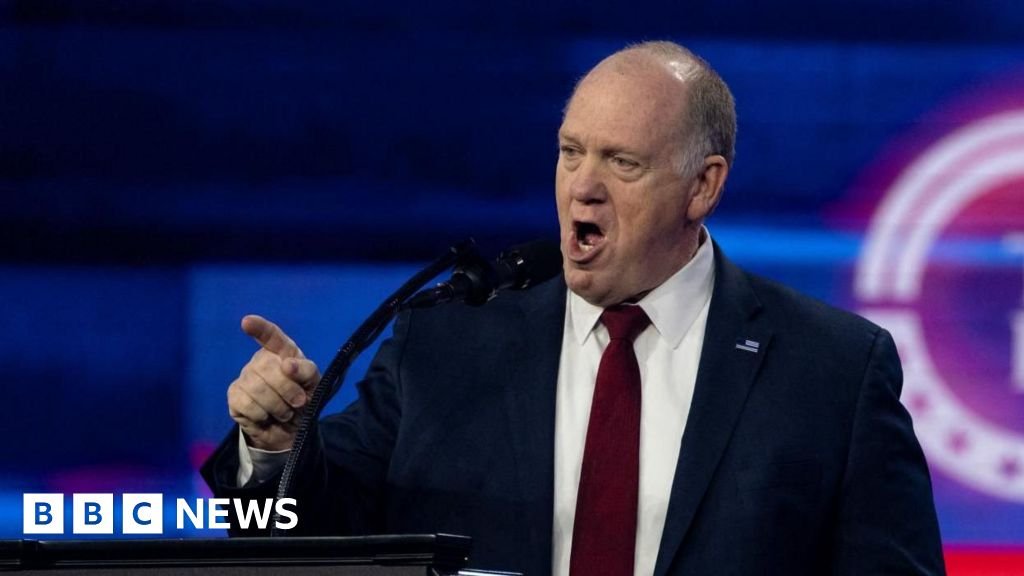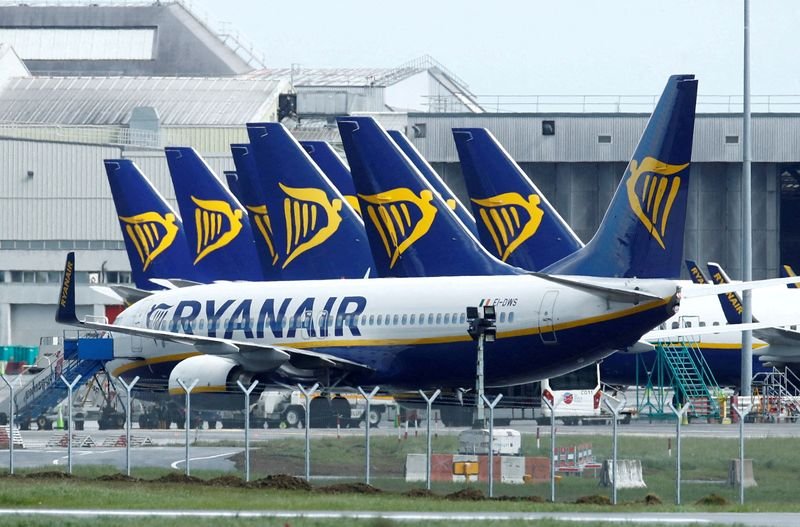
The U.S. Supreme Court refused to rescue TikTok from a law that would have required the popular short-video app to be sold by its Chinese parent company ByteDance or banned in the U.S. on national security grounds on Sunday – a move that would have A major hit for the platform used. Almost half of Americans.
The justices ruled unanimously on Friday that the law, which Congress overwhelmingly passed last year and signed by Democratic President Joe Biden, did not violate First Amendment protections against government restrictions on free speech. Judges upheld a lower court ruling that upheld the measure after challenges from TikTok, ByteDance and some users of the app.
“There is no doubt that TikTok provides a unique and broad source of expression, engagement and community for more than 170 million Americans. But Congress has determined that divestiture is necessary to address its concerns over TikTok’s data collection practices and its national security concerns in relation to foreign adversaries,” the court said in an unsigned opinion.
The court added, “We conclude that the challenged provisions do not violate petitioners’ First Amendment rights.”
The Supreme Court acted quickly in the case, holding arguments on January 10, just nine days before the legal deadline. The case pits free speech rights in the age of social media against national security concerns.
A statement from the White House suggested that Biden would take no action to save TikTok before the Sunday divestiture deadline set by law.
White House press secretary Karine Jean-Pierre reiterated Biden’s position in a statement that “TikTok should remain available to Americans, but only by U.S. or other ownership, to address National security concerns that Congress identified when enacting this law.”
Jean-Pierre added that given the timing, action to implement the law “must be the responsibility of the next government.”
Trump’s team did not immediately respond to a request for comment, but Trump said in an interview with CNN that the future of the TikTok app will be up to him, but he did not provide any details about what steps he would take.
“It’s ultimately up to me, so you’ll see what I’m going to do,” Trump said. “Congress has given me the decision, so I will make the decision.”
TikTok is one of the most famous social media platforms in the United States, used by about 170 million Americans, about half of the country’s population, including many young people. TikTok’s powerful algorithm is its main asset, providing individual users with short videos tailored to their preferences.
China and the United States are economic and geopolitical rivals, and TikTok’s Chinese ownership has caused concern among U.S. leaders for years. The TikTok battle unfolds in the final days of President Joe Biden’s term – Republican Donald Trump succeeded him on Monday – and amid rising trade tensions between the world’s two largest economies.
exist Posts on TikTokIn his first statement since a court upheld the law allowing the ban, CEO Shou Zi Chew thanked Trump for his “commitment to working with us to find solutions that will keep TikTok available in the United States,” he said. “This is a strong stand for the First Amendment and against arbitrary censorship.”
‘serious threat’
During arguments in the case, Justice Department lawyer Elizabeth Preloga said the Chinese government’s control of TikTok poses a “serious threat” to U.S. national security, as China seeks to collect vast amounts of sensitive data on Americans and engages in covert influence operations. Prelogar said China forced companies such as ByteDance to secretly hand over data on social media users and carry out Chinese government directives.
Prelogar added that TikTok’s vast data set is a powerful tool that the Chinese government can use to conduct harassment, recruitment and espionage, and that China “can weaponize TikTok at any time to harm the United States.”
The law was passed last April. The Biden administration defended it in court. TikTok and ByteDance, along with some users who post content on the app, challenged the measure and appealed to the Supreme Court on December 6 after losing at the U.S. Court of Appeals for the District of Columbia Circuit.
Trump opposed the ban, a reversal from his first-term stance aimed at banning TikTok. Trump said he has “a warm place in my heart for TikTok” and credits the app with helping him win over young voters in the 2024 election.
In December, Trump asked the Supreme Court to put the law on hold to give his incoming administration “an opportunity to pursue a political solution to the issues in this case.” Despite Trump’s pledge to “save” TikTok, many of his Republican allies support the ban.
Trump’s incoming national security adviser Mike Waltz said Thursday that the new administration would keep TikTok in the United States if a workable deal is reached. Walz said the incoming administration would “take steps to prevent TikTok from getting into trouble,” citing a provision in the law that allows for a 90-day extension if “significant progress” is made on the divestment.
Senate Democratic leader Chuck Schumer said on Thursday that TikTok should be given more time to find a U.S. buyer and that he would work with the Trump administration to “keep TikTok alive while protecting our national security.”
TikTok’s CEO will attend Trump’s inauguration on Monday, taking a seat with other high-profile invitees.
TikTok said the law jeopardizes not only the First Amendment rights of it and its users, but the rights of all Americans. TikTok said the ban would hit its user base, advertisers, content creators and employee talent. TikTok has 7,000 employees in the United States.
If Biden decides to formally delay the 90-day deadline, companies that provide services to TikTok or host the app could face legal liability. It’s unclear whether TikTok’s business partners, including Google, Apple and Oracle, will continue to do business with Trump before he takes office.
Noel Francisco, a lawyer for TikTok and ByteDance, told the Supreme Court that the app is “one of the most popular voice platforms in the United States” and said that unless ByteDance executes a qualified divestment, Otherwise the law would require it to be “closed”.
TikTok plans to shut down the app’s U.S. operations on Sunday, barring a last-minute reprieve.
Francisco said the U.S. government’s real goal in enacting the law was speech, specifically concerned that Americans might be “persuaded by China’s misinformation.” But Francisco said the First Amendment leaves the issue to the American people, not the government.








